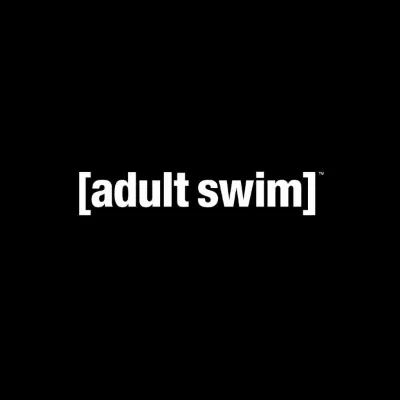Genddy Tartakovsky all-dinosaur, no-talking Primal is a stunning, soulful achievement
-

Samurai Jack and Dexter’s Laboratory creator Tartakovsky's new Adult Swim limited series about a man and his pet T. rex is "genuine pulp poetry, sans any ooga-booga nonsense and with a formal limitation that’s often a blessing yet occasionally a curse...," says David Fear. "But the nature of Primal‘s quick, give-’em-10-ccs-of-adrenaline-and-get-out chapters play in the show’s favor. You’re left wanting more even as you recognize that five of these haiku-like genre exercises in a row is probably just the right amount. More importantly, the high-concept nature of what Tartakovsky & Co. are doing here never takes away from the overall accomplishment. TV animation has fallen in to severe ruts of sugary kids’ programming or extreme adolescent grossness; for every toon that dabbles in poignancy (Bojack Horseman) or pubescent messiness in the name of making a point (Big Mouth), there are legions of animated variations on the same old sniggering dirty joke. Primal restores a genuine sense of awe regarding how you can use the format for something besides shits and giggles. It’s storytelling at its most basic, sound and images moving faster than a speeding velociraptor and brimming with soulfulness."
ALSO:
- Primal never fully leans into its gore, even at its most bloodthirsty and gruesome: "Its most graphic moments happen as dream-like silhouettes that are never detailed enough to convey their true horror," says Kayla Cobb. "But this simple choice has a disturbing, adverse effect. Primal always leaves enough blank space for your imagination to fill in the sickening gaps. Broken legs that strategically spurt blood transform into horrendous accidents you’ve seen in real life. Pointed grunts become all too relatable flashes of pain. Shadows of carnivores eating young become revolting nightmares. Primal is meticulously structured to capture the core of what it’s like to be human, but within that outline there’s always a carefully constructed amount of space for personal projection."
- Primal is vicious stuff: "It's a rarely pausing saga of bone-breaking, head-severing, tooth-extracting, face-smashing brutality," says Daniel Fienberg. "If Tartakovsky is the series' driving force, sound designer Joel Valentine is its underdog hero, capturing shrieks of animalistic anguish, the patter of rain on leather flesh and the thundering of myriad diverse footsteps pursuing and in pursuit. Credit to composer Tyler Bates, whose generally amelodic score helps build tension and patch together extended action beats."
- Primal repeatedly emphasizes the importance of compassion and cooperation, and shows that neither trait is limited to humans
- Primal has more on its mind than merely being a selection of lushly crafted caveman-themed heavy metal album covers
- Why did Genddy Tartakovsky decide to do a show without dialogue?: "It was because it was a caveman. It made that decision simple. We messed around with it a little bit in the beginning. Should he grunt? Should he have a few words? It is very, very easy to become cheesy."
- Tartakovsky explains the unusual release structure of one episode per night for five straight nights: “We have 10 episodes total,” he says. “Because we could only have five ready this year, we decided to release these five, and then the next set is next year.” Tartakovsky adds that he hopes there will be more episodes: “So far it’s been received very positively, and I think the network is being very supportive. At the same time, we haven’t gotten ratings and all that good stuff in yet, so we’ll see—but I think everybody’s very excited about the show.”
TOPICS: Primal, Adult Swim, Genddy Tartakovsky
More Primal on Primetimer:
